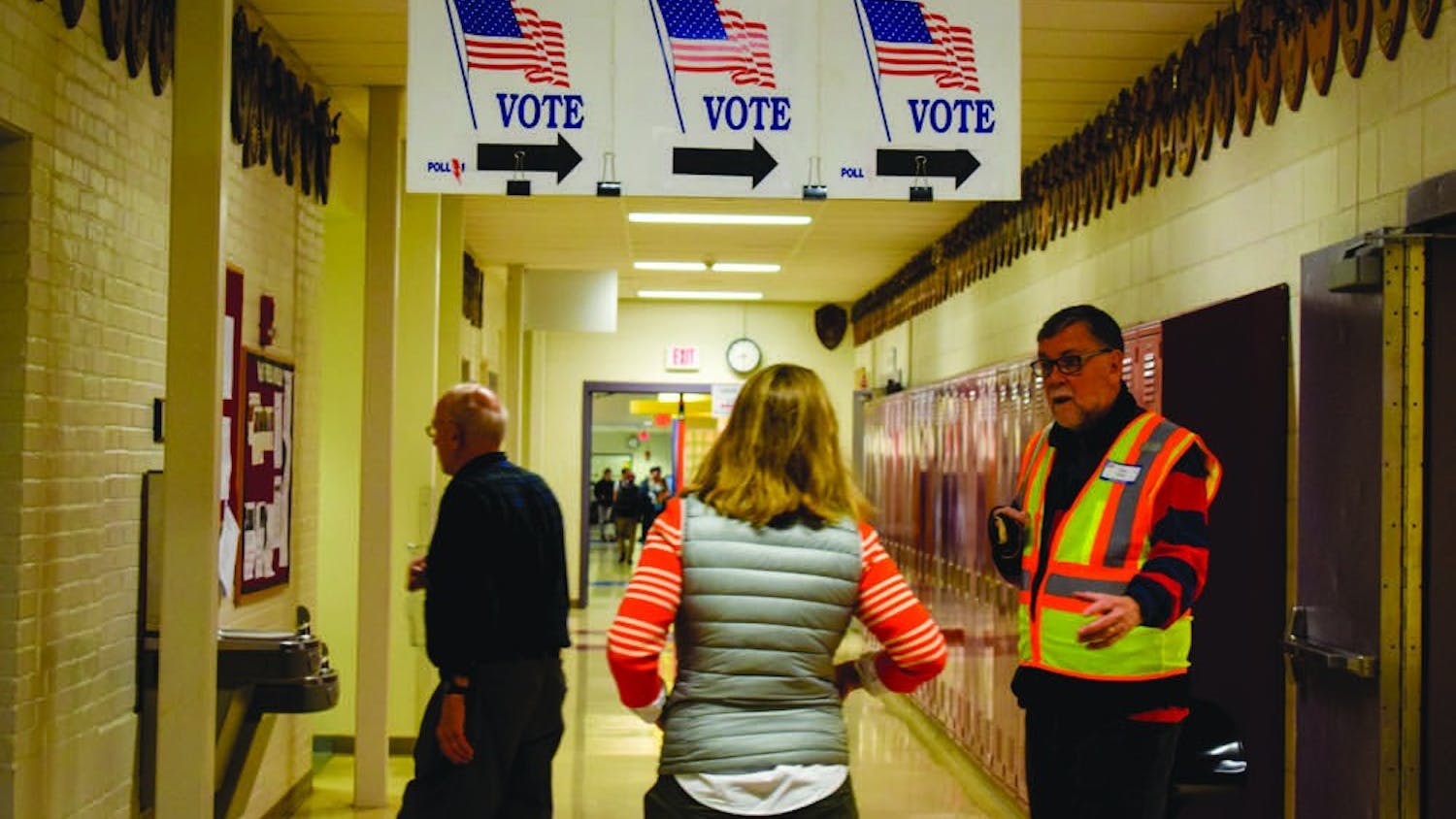Professors and individuals from a variety of disciplines, including philosophy, law, history and political science, were invited to the College to present and comment on papers for the Truth, Power and the Foundations of Democracy workshop series. The interdisciplinary project, organized by government professor Russell Muirhead and philosophy professor David Plunkett, held its first of three workshops this week.
On Tuesday and Wednesday, participants from universities across the U.S. and abroad discussed papers related to the topic of democracy during hour and a half long sessions. Five people presented papers, including Johns Hopkins University professor Yascha Mounk and Oxford University professor Rachel Fraser.
The workshops aim to address questions about the role of truth in democratic societies and the ability of democracy to handle problems related to misinformation, according to the project website. Muirhead said that he wanted to have people from different academic disciplines talking with each other about the same set of problems.
“We come with very different zones of expertise, very different sources of familiarity and even different interests,” Muirhead said. “So when we come together, it turns out we can speak to each other, and we can teach each other things that we wouldn’t learn through just talking to people in our own discipline.”
Muirhead said that the stability of democracy and its potential for improvement is one of the most urgent problems of today.
“There’s been a democratic recession over the last 14 years, where more countries have moved away from democracy than toward democracy,” he said. “Here’s a lot to worry about and a lot to think about. We’re hoping to come up with a more clear understanding of where we are and how to shape where we’re going.”
Approximately 35 people registered for the first workshop, according to Becca Rothfeld ’14, a Harvard doctoral candidate in philosophy who is helping organize the series. Two more workshops will be held on July 24-25 and August 6-7. The series also includes a public lecture titled “Statistical Resentment” given by Hebrew University of Jerusalem professor David Enoch on July 26. Each workshop session includes 10 to 15 minutes of commentary, five to 10 minutes of response from the author and a question and answer period. Participants read pre-distributed papers written by presenters prior to the workshop. All workshops are free and open to all, but pre-registration is required, according to the project website.
Mounk, whose paper on populism and democracy was discussed on Wednesday, said he thought the commentary was helpful.
“It was great feedback. It was the first time that I sort of had a chance to have people read the piece, and give some feedback on it, and they’ll be lots of things that I’ll take away from it,” he said.
Deniston University professor Amy Shuster presented a paper on the Declaration of Independence and how people interpret the phrase, “all men are created equal” on Tuesday. She said the discussions from the workshop addressed core questions about the nature of democracy.
“I think that the some of the conversation was about trying to think about what democracy is, as an actually existing thing, rather than just a thing in our mind,” she added.
Rachel is a '21 from Plainsboro, NJ and is currently serving as the editor-in-chief of the 177th directorate. She is pursuing a double major in economics and philosophy.


